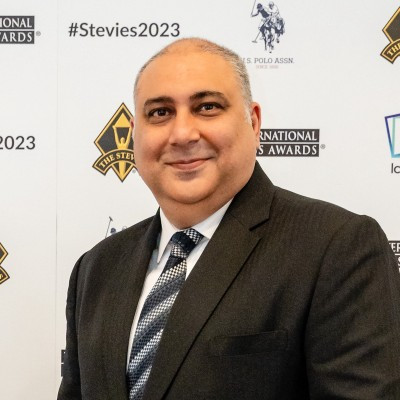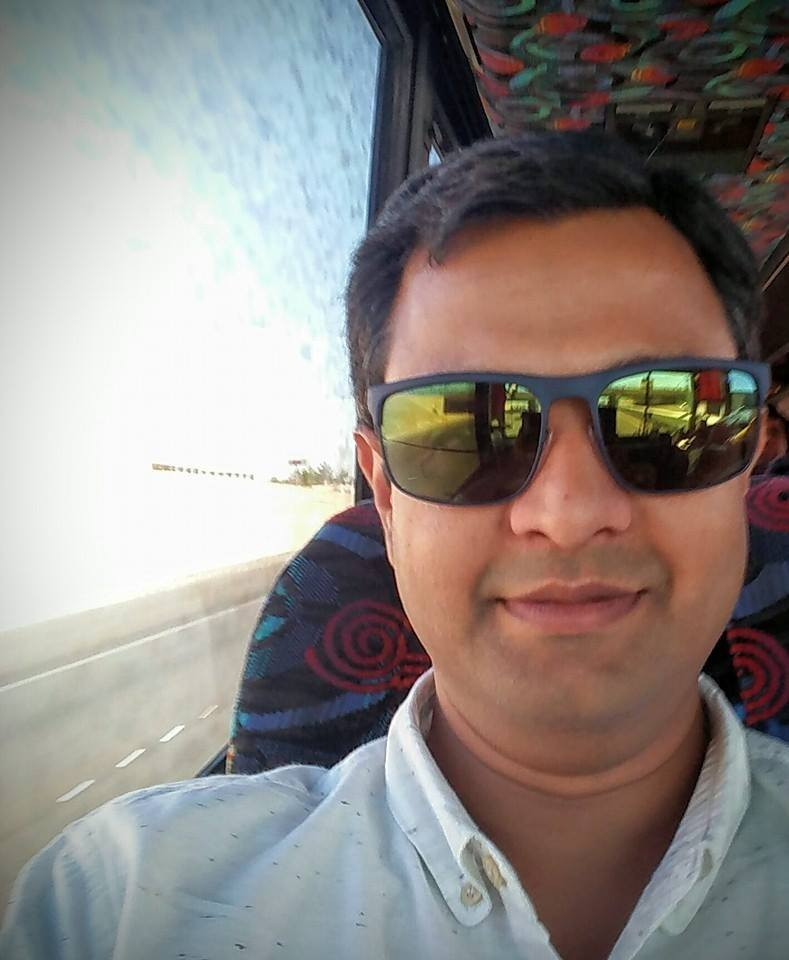Date 22/03/2024

India boasts a workforce characterized by a rich tapestry of cultures, languages, and backgrounds. With the Indian government projecting the labor force to reach 600 million by 2022, the need for effective team building has never been more pressing. Despite this, research conducted by Deloitte reveals that only a mere 17% of Indian employees feel engaged at work, highlighting the critical need for improved team dynamics and collaboration.
India boasts a workforce characterized by a rich tapestry of cultures, languages, and backgrounds. With the Indian government projecting the labor force to reach 600 million by 2022, the need for effective team building has never been more pressing. Despite this, research conducted by Deloitte reveals that only a mere 17% of Indian employees feel engaged at work, highlighting the critical need for improved team dynamics and collaboration.
Embracing diversity in India extends beyond mere moral obligation; it presents a strategic advantage. Studies consistently show that diverse teams are more innovative and adept at problem-solving. McKinsey's research indicates that companies with diverse executive teams are 33% more likely to outperform their peers. By fostering a culture of inclusion and diversity, organizations in India can leverage the unique perspectives and talents of their workforce, leading to increased creativity, productivity, and overall performance.
Effective communication lies at the core of successful team dynamics. In India's business landscape, characterized by hierarchical structures, fostering open communication can be challenging. However, research by Gallup suggests that teams with high levels of communication and feedback are 21% more productive. By establishing platforms for transparent dialogue and regular feedback sessions, organizations can break down communication barriers, build trust, and promote a culture of collaboration and innovation.
In India's rapidly evolving business environment, agility and adaptability are essential for success. Empowering team members with ownership and autonomy can foster a sense of responsibility, creativity, and commitment. Harvard Business Review's research shows that empowered employees are 67% more likely to invest additional effort in their work. By delegating authority and encouraging autonomy, organizations can tap into the entrepreneurial spirit of their teams, leading to increased innovation, efficiency, and performance.
In a knowledge-driven economy like India, continuous learning is critical for maintaining a competitive edge. LinkedIn reports that 94% of employees would stay longer at a company that invests in their career development. By providing opportunities for skill enhancement and professional growth, organizations can attract and retain top talent, improve employee morale and engagement, and ultimately drive organizational success.
Team Building activities play a vital role in fostering trust, collaboration, and cohesion among team members. Whether it's through outdoor adventures, team-building workshops, or collaborative projects, these activities provide opportunities for bonding, communication, and relationship-building. Research from the Journal of Applied Psychology suggests that teams engaging in regular team building activities are 45% more likely to perform well. By investing in such initiatives, organizations can strengthen relationships, improve communication, and enhance team effectiveness, ultimately leading to improved performance and productivity.
Beyond the core strategies mentioned above, several additional factors contribute to effective team building in India. These include:
Cultural Sensitivity: Given India's diverse cultural landscape, organizations must be sensitive to cultural nuances and practices. Understanding and respecting cultural differences can foster inclusivity and strengthen team cohesion.
India's business environment is known for its dynamism and rapid changes. Teams must be flexible and adaptable to navigate evolving market conditions and seize emerging opportunities.
Leadership Development: Effective leadership is crucial for guiding teams towards success. Investing in leadership development programs ensures that managers possess the necessary skills to inspire, motivate, and lead their teams effectively.
With the rapid advancement of technology, integrating digital tools and platforms can enhance team collaboration, communication, and productivity, particularly in remote or distributed teams.
Team building outings and programs are essential for fostering team bonding and cohesion, particularly in the Indian context where interpersonal relationships play a significant role in business dynamics. Here are some examples of experiential team outings and their benefits:
Taking teams out of the office environment and into a different setting can break down hierarchical barriers and encourage open communication. For example, a weekend retreat to a scenic location such as a hill station or beach resort provides opportunities for team members to unwind, bond over shared experiences, and engage in informal conversations outside the constraints of the workplace.
Adventure-based team building activities such as camping in the wilderness or rafting down a river not only promote teamwork and collaboration but also challenge individuals to step out of their comfort zones and rely on one another for support. These activities require teamwork, coordination, and trust, as team members work together to overcome obstacles and achieve common goals. Additionally, they provide a platform for building camaraderie and creating lasting memories, strengthening the bond among team members.
Incentive tours are rewards offered to high-performing teams as a recognition of their achievements. These tours typically involve luxurious travel experiences to exotic destinations, such as international trips or luxury resorts. By rewarding teams with memorable experiences, organizations not only motivate employees to excel but also reinforce a culture of appreciation and recognition. Incentive tours serve as a powerful tool for boosting morale, fostering loyalty, and building a sense of belonging among team members.
Overall, experiential team outings offer a refreshing change of pace from the daily routine, allowing team members to connect on a personal level, strengthen relationships, and rejuvenate their spirits. By investing in such initiatives, organizations in India can create a more cohesive and motivated workforce, ultimately driving greater success and performance.
In India's dynamic and competitive business landscape, building high-performing teams is not just a goal; it's a necessity for success. By embracing diversity, fostering open communication, empowering team members, prioritizing continuous learning and development, and promoting trust through team building activities, organizations can create a culture of excellence, innovation, and collaboration. As India's workforce continues to evolve, considering additional factors such as cultural sensitivity, flexibility, leadership development, and technology integration will further strengthen team effectiveness and drive sustainable growth and success.
Client Voices, Success Stories And Cherished Memories. See What Makes Our Services Exceptional Through The Words Of Our Happy Clients.

India Director
5


Director
5


Lead Trainer
5

VP - Channel Partnerships
5

COO - CPM INDIA
5


Director - SMC
5


GM- FA
5
" Discover the World, One Event at a Time ! Welcome to Stimulus World. We're more than just a agency; We're your partners in creating exceptional Meetings, Incentives, Conferences, and Events. Our commitment to excellence and personalized service is the cornerstone of our success. We understand that every event is unique, and we're dedicated to tailoring your experiences, making every moment memorable. Explore with us and unlock a world of possibilities. "
Thank you for choosing Stimulus.
Where your journey begins!
discover insights, tips, and inspiration through the curated blogs written by top professionals

